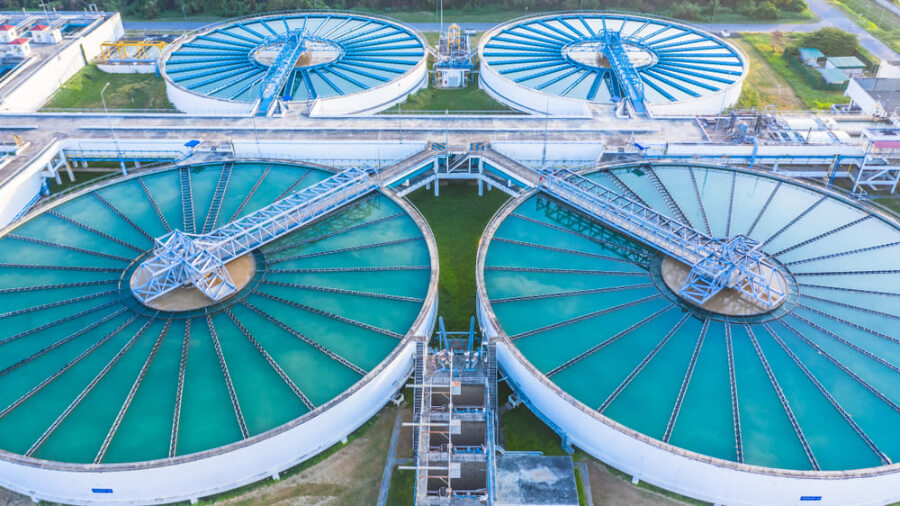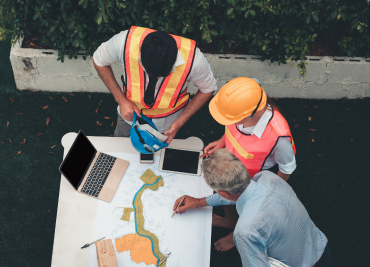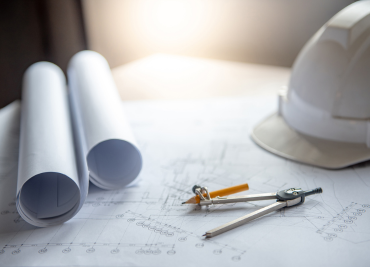Let’s find your next opportunity
AI Assistant: {{ chat.assistant.message }}
Suggested roles matches
Sort By
{{ job.job_posting_title }}
{{ job.is_cms_job ? (job.cities.split(';').length > 1 ? 'Various locations' : job.location_mappings[0]) : (job.location_mappings.length > 1 ? 'Various locations' : job.location_mappings[0]) }}
We are sorry there are no jobs that match your exact criteria. Try a new search term, or use the filters to continue browsing for available opportunities.
Suggested roles matches
{{ job.title }}
{{ [job.cities[0], job.regions[0], job.countries[0]].join(', ') }}
Various locations
We are sorry there are no jobs that match your exact criteria. Try a new search term, or use the filters to continue browsing for available opportunities.
Let’s find your next opportunity
{{ job.job_posting_title }}
{{ job.is_cms_job ? (job.cities.split(';').length > 1 ? 'Various locations' : job.location_mappings[0]) : (job.location_mappings.length > 1 ? 'Various locations' : job.location_mappings[0]) }}
Water – an indispensable resource for life. It's essential for health, sanitation, and food production, while fueling key economic sectors such as agriculture, industry, and energy. Water resource engineers play a pivotal role in ensuring the availability and efficient utilization of this vital resource. Working with sustainability at the forefront of mind, hydrology and water resources engineering are highly in-demand fields that contribute to environmental balance and protect ecosystems. With the growing impact of climate change, their expertise is crucial for a sustainable future.

A NASA-led study using data from the GRACE and GRACE-FO satellites confirms increased occurrence of droughts and heavy rainfall. With floods and droughts reported to cause over 20% of annual economic losses from extreme weather in the US, it's clear more than ever why we need the technical and innovative expertise of water engineers. They play a crucial role in managing water resources sustainably, taking into account factors like population growth, climate change, and environmental impact.
If you're pursuing a rewarding career and exploring water resource engineer jobs, you might be wondering, "What does a water resource engineer do exactly?". Read on for the day-to-day duties of a water resource engineer and what the typical career path looks like.
What is a water resource engineer?
Water resource engineers are responsible for managing, designing, and implementing projects related to water resources. They play an important role, working on tasks such as assessing water availability, developing water supply and distribution systems, designing water treatment and wastewater management facilities, implementing flood control measures, and addressing environmental concerns related to water.
How to become a water resource engineer?
Water resource engineers typically come from a civil engineering background, although graduates from related engineering or science-based degrees such as biochemistry, chemical engineering, environmental science, mechanical engineering or geology can also pursue this field.
A bachelor's degree in engineering can provide entry-level job opportunities as an engineer. With industry experience, you can progress to become a Professional Engineer (PE) and find ample opportunities at this level in the water industry.
If you're new to this field, you might want to take a look at careers in water at AtkinsRéalis to get a greater sense of the exciting types of roles in this industry. At AtkinsRéalis , we have more than a century of expertise in designing and building water infrastructure. Working with us could see you deep-diving into exciting global projects. From environmentally-led reservoir designs with UK stakeholders to successfully restoring vital ecosystems in the US.
What does a water resource engineer do?
As a water resource engineer, you'll embark on an exciting journey, where you'll make a significant impact on the world's most valuable resource, and delve into areas such as:
- Water supply planning and quality management: shape the future by assessing water demand, identifying sources, and ensuring water quality through monitoring and pollution treatment.
- Infrastructure design and flood management: ignite your technical prowess by designing reservoirs, dams, pipelines, and pumping stations. Confront the challenge of assessing flood risks, modeling scenarios, and crafting effective flood control measures.
- Water conservation, efficiency, and environmental impact: become an advocate for sustainable practices, optimizing water use, implementing conservation measures, and actively participating in Environmental Impact Assessments (EIA) to safeguard the environment.
- Data analysis and modeling: you can expect to unleash the power of cutting-edge software for water resources engineering, such as Geographic Information Systems (GIS), hydrological modeling tools, and statistical analysis, to analyze hydrological data, simulate water systems, and forecast the impacts of various scenarios.
As you progress through your career, you'll take on new responsibilities, such as leading water resource teams, performing quality control and guidance of junior staff or preparing costs and schedules for exciting projects.
Who do water resource engineers work with?
Water engineers collaborate with diverse teams including engineers, scientists, project managers, stakeholders, and clients to plan, budget, and schedule projects. Building positive relationships with colleagues and fostering a network of contacts facilitates learning from diverse perspectives, and helps you adapt to challenges, and support sustainable water resource management practices.
Dive into a fulfilling career as a water engineer at AtkinsRéalis
At AtkinsRéalis, we unite ingenuity, knowledge, and technology to empower communities and shape a safer, brighter future. Our water resource engineers are key in tackling the challenges brought by climate change, devising strategies and infrastructure to effectively manage water resources.
Looking to make a positive impact on our world? Explore water engineer, network specialist, project manager, or director roles. Discover our latest water jobs or join our talent community to learn about AtkinsRéalis ' culture and projects.
Related blogs
Related jobs

Everyone belongs
We empower each individual to shine and contribute to our collective impact. We believe in the power of unique perspectives. It’s how we’re engineering a better future every single day.













